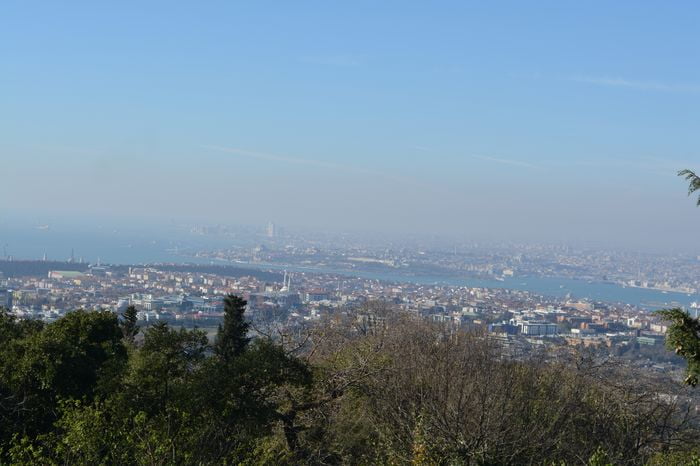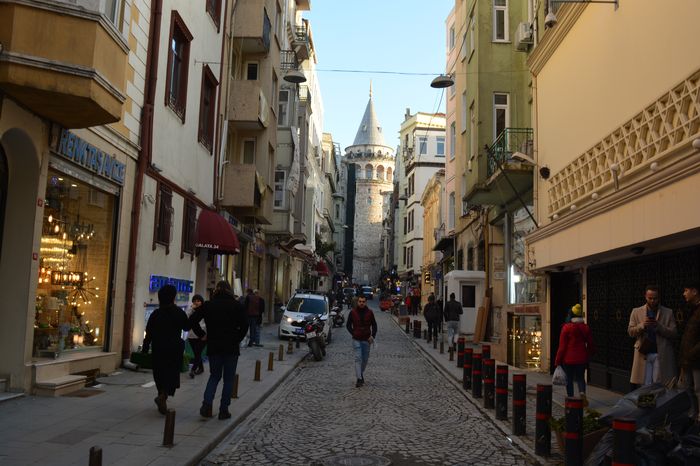Constantine had somehow expected
“You have changed,” she said.
“I’m almost two years older than when you saw me last,” Constantine reminded her. “But I am still a tribune...
Artifice of prayer
HOW ALL ROMAN CITIZENS BECAME SLAVES
Theodora too unceasingly hardened her heart in the practice of inhumanity. What she did, was never to please or...
Constantine to move swiftly
There was every reason for Constantine to move swiftly with all the troops he could safely take from duty along the Rhine, since Maximian’s...
Dacius swore a purple
“You look as if you were roughly treated,” he said. “Who unloosed your bonds? Maximian?”
Dacius swore a purple oath. “Don’t tell me you were...
Yield up Massilia
“Like Dacius?” He could imagine the story Maximian had told her and which she seemed to have believed.
“Or some others.” She had missed entirely...
Inflicted on practically
Later Theodora saw her mistake and tried to console them, to the public detriment, for she made their new husbands Dukes. Even this brought...
Hundred Harlots
HOW SHE SAVED FIVE HUNDRED HARLOTS FROM A LIFE OF SIN
I have told earlier in this narrative what she did to Belisarius, Photius and...
Roman citizen of good standing
Then there was Basanius, one of the Green faction, a prominent young man, who incurred her anger by making some uncomplimentary remark. Basanius, warned...
False reports and misleading statements
The officers called Referendars were no longer satisfied to perform their duties of presenting to the Emperor the request of petitioners, and referring to...
Necessary to his prestige
JUSTICE FOR SALE
Everything was done the wrong way, and of the old customs none remained; a few instances will illustrate, and the rest must...












